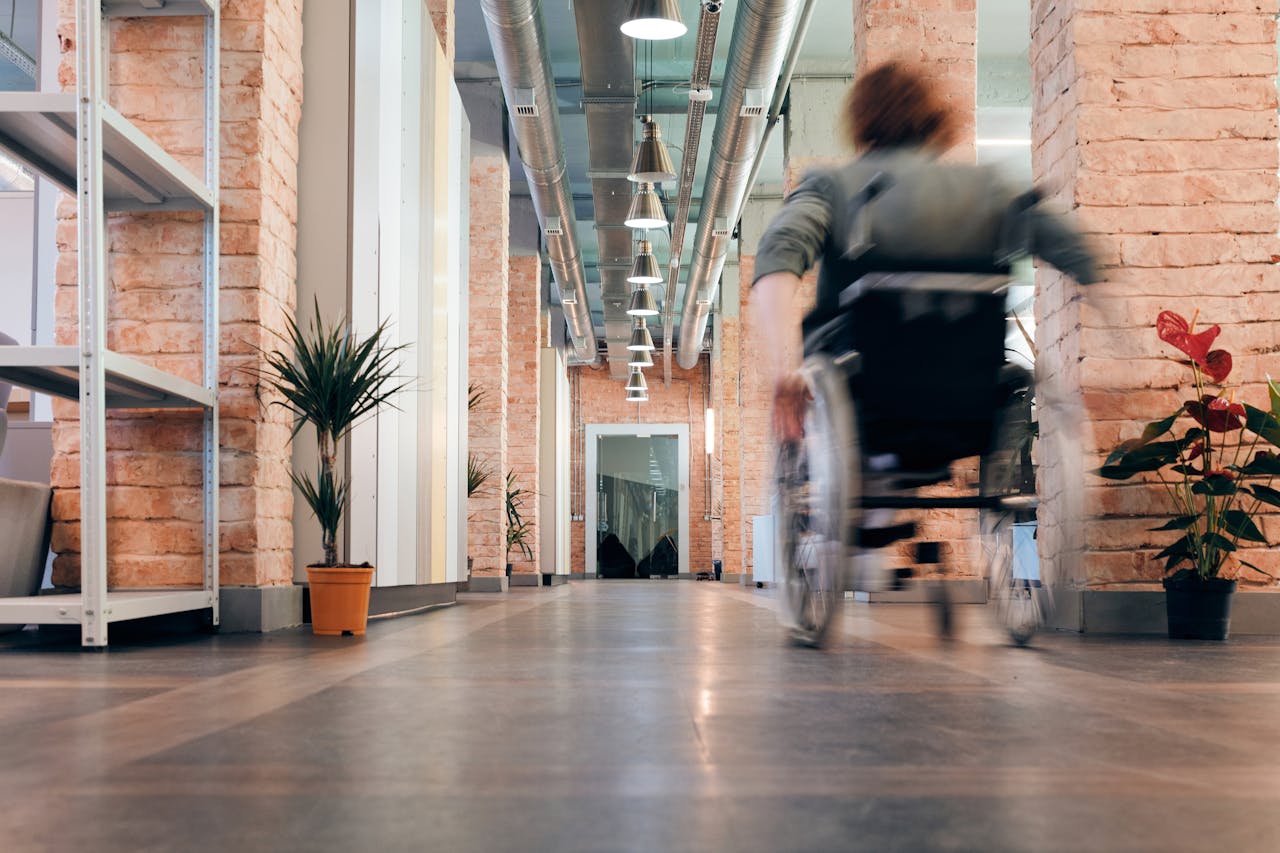Disabled Victims Face Barriers in the Criminal Justice System

The Criminal Justice System Needs to Do More to Give Disabled Victims Access to Justice
A new review commissioned by the Victims’ Commissioner has revealed that disabled victims of crime often face serious barriers in accessing justice. The findings suggest that for many, the criminal justice system itself becomes the biggest obstacle, rather than the route to securing fairness and protection.
Findings from the Review
The review drew on UK and international studies of disabled victims’ experiences. It concluded that disabled people are disproportionately negatively affected when engaging with the justice system and are more likely to feel dissatisfied with outcomes and treatment.
Baroness Newlove, Victims’ Commissioner for England and Wales, described the report as “an uncomfortable truth”, stating:
“Too often, disabled victims are confronted by impenetrable systems, inflexible procedures and dismissive attitudes that block their path to justice. For too many, the justice system itself is the biggest obstacle. It shouldn’t be this way, and it doesn’t have to be.”
Barriers Identified
The review highlighted specific and recurring issues across courts in England and Wales:
- Failure to provide reasonable adjustments – including accessible courtrooms and supportive arrangements for people with learning disabilities.
- Inconsistency in provision – reasonable adjustments were not applied equally across different courts, leading to unequal treatment.
- Accessibility problems – some courtrooms lacked functioning lifts or only had stair access, leaving them physically inaccessible.
- Interpreter delays – deaf victims struggled to access interpreters, which led to support barriers and delayed court proceedings.
A Question of Equality in Justice
At the heart of this issue is a fundamental principle: justice must be open to all.
The criminal justice system is not only tasked with convicting offenders but also with ensuring that every victim has a fair opportunity to participate in the process.
If victims cannot physically access a courtroom, communicate effectively, or have their needs properly adjusted for, then the system risks denying them equal protection under the law.
However, as criminal defence lawyers, we would always advocate that for defendants with disabilities, the same principles apply.
Equality before the law means that everyone – whether victim or accused – should have the same platform to present their case, challenge evidence, and defend themselves.
Recommendations for Change
The review made six recommendations, including:
- Better training and professional development for criminal justice workers on disability awareness.
- Mandatory accessibility audits across courts and justice agencies.
- Closer multi-agency collaboration to ensure support is consistent across different parts of the system.
Baroness Newlove confirmed that she will be writing to relevant agencies, urging them to act swiftly on the findings.
Looking Ahead
This review raises wider questions about how the justice system can balance tradition with inclusivity.
A court system that is inaccessible risks undermining public confidence and leaving already vulnerable people exposed to further harm.
Accessibility should not be an afterthought but a central feature of justice reform.
For justice to be truly fair, every person must be able to engage with the system on an equal footing.
This means physical access, proper adjustments, timely interpreting services, and a cultural shift that sees accessibility not as an “extra”, but as a basic right.
How We Can Help
If you have any questions regarding accessibilly concerns for adequate legal representation please don’t hesitate to call us now on 0161 477 1121 or email us.


